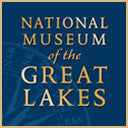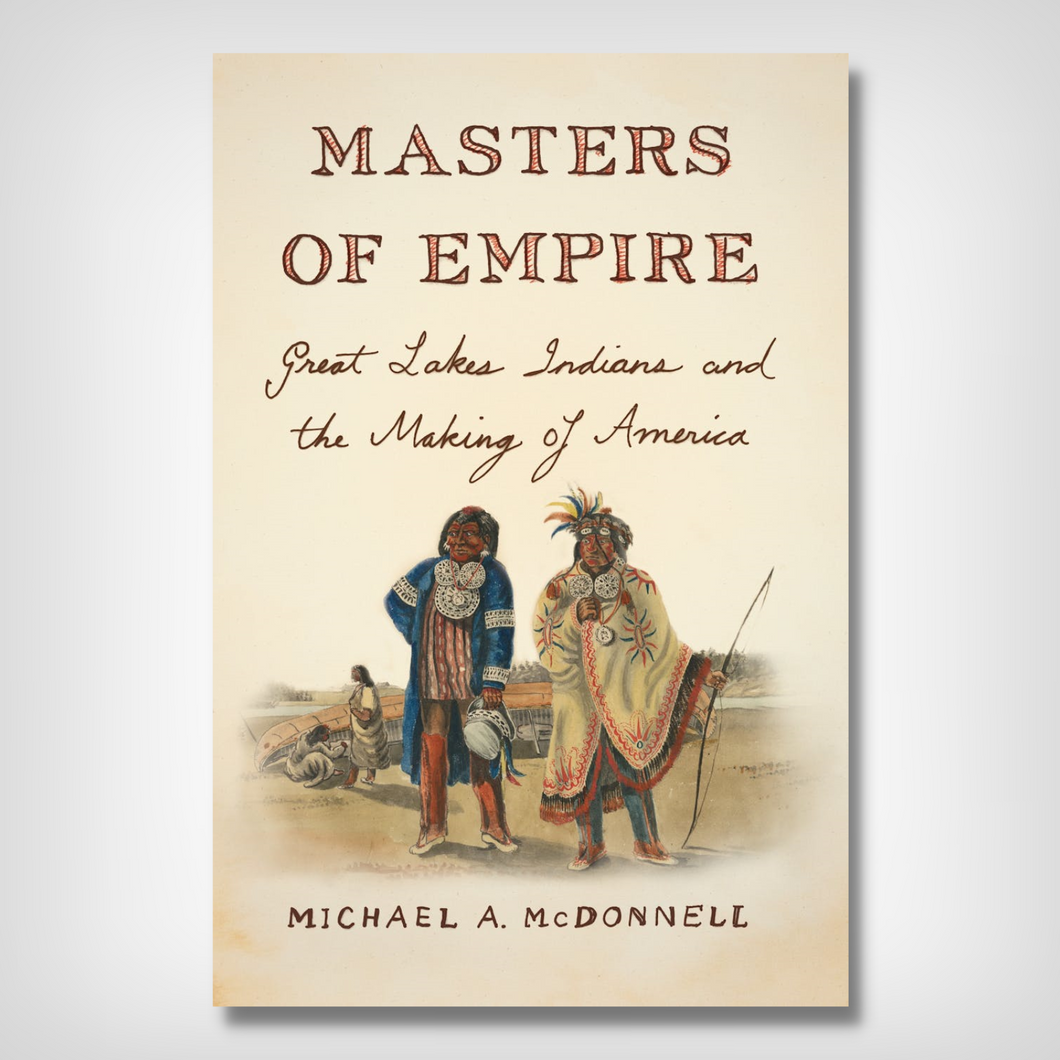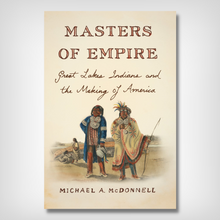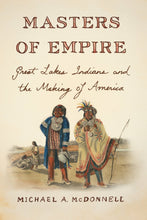Masters of Empire: Great Lakes Indians and the Making of America
Regular price
$20.00
Sale
A radical reinterpretation of early American history from a native point of view
In Masters of Empire, the historian Michael A. McDonnell reveals the vital role played by the native peoples of the Great Lakes in the history of North America. Though less well known than the Iroquois or Sioux, the Anishinaabeg, who lived across Lakes Michigan and Huron, were equally influential. Masters of Empire charts the story of one group, the Odawa, who settled at the straits between those two lakes, a hub for trade and diplomacy throughout the vast country west of Montreal known as the pays d’en haut.
Highlighting the long-standing rivalries and relationships among the great Indian nations of North America, McDonnell shows how Europeans often played only a minor role in this history, and reminds us that it was native peoples who possessed intricate and far-reaching networks of commerce and kinship. As empire encroached upon their domain, the Anishinaabeg were often the ones doing the exploiting. By dictating terms at trading posts and frontier forts, they played a crucial part in the making of early America.
Through vivid depictions--all from a native perspective--of early skirmishes, the French and Indian War, and the American Revolution, Masters of Empire overturns our assumptions about colonial America. By calling attention to the Great Lakes as a crucible of culture and conflict, McDonnell reimagines the landscape of American history.
Hill and Wang, Paperback, 416 pages
About the Author:
Michael McDonnell is an associate professor of history at the University of Sydney. He is the author of The Politics of War: Race, Class, and Conflict in Revolutionary Virginia, winner of the 2008 New South Wales Premier's History Prize, and coeditor of Remembering the Revolution: Memory, History, and Nation-Making from Independence to the Civil War. His work was included in the Best American History Essays 2008 and he won the Lester Cappon Prize for the best article published in the William and Mary Quarterly in 2006. He has received numerous research scholarships and grants in the United States and Australia and has served as a distinguished lecturer for the Organization of American Historians. He lives in Sydney, Australia.



